Tech billionaire and Tesla CEO Elon Musk has expressed concerns that wealthy nations rely on immigration to boost the population, instead of focusing on birth rates.
Musk recently sent out a series of posts on his platform X discussing his thoughts on “demographic suicide” in high GDP nations.
Sharing Concerns Regarding Low Birth Rates
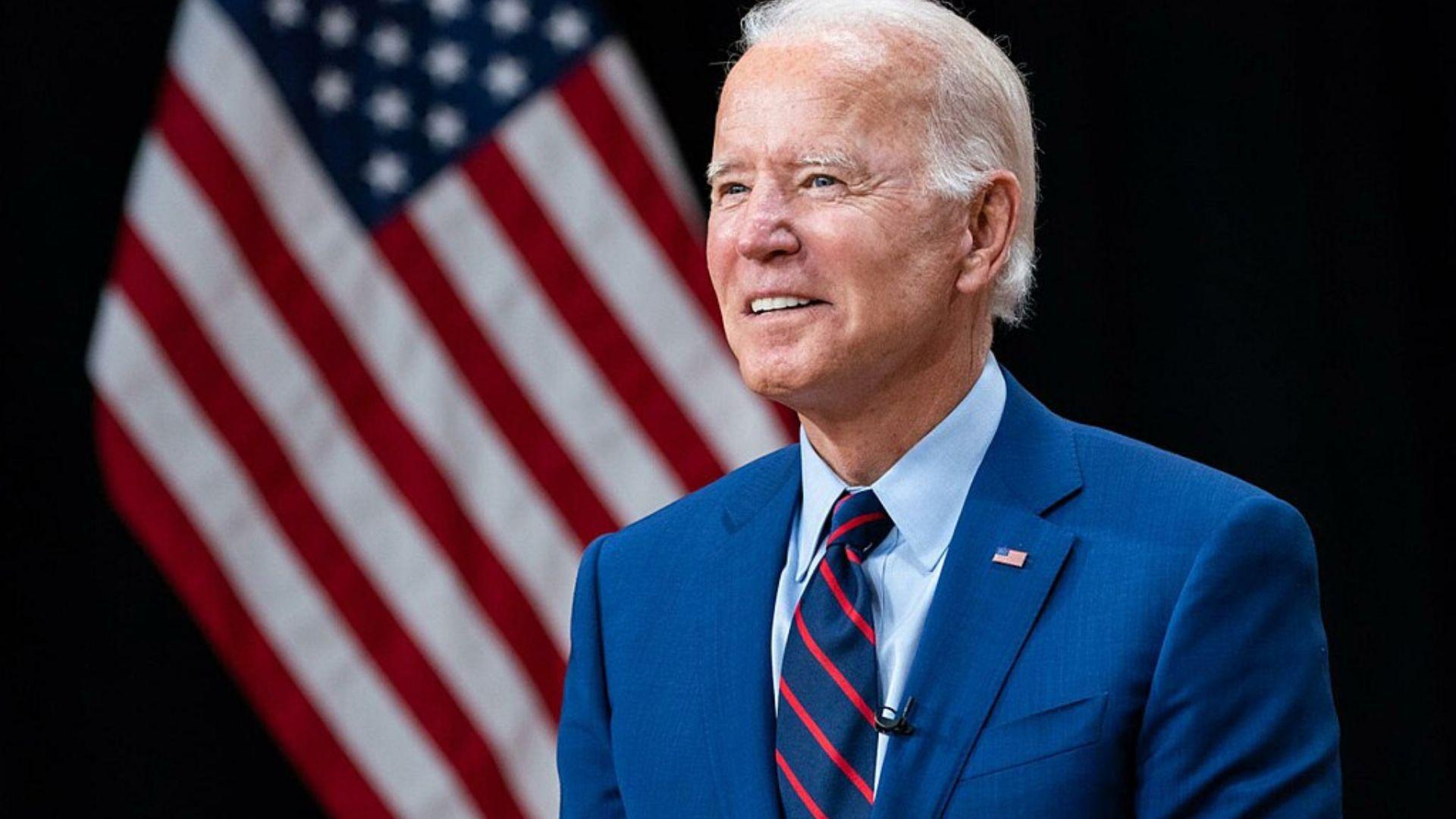
The South African born entrepreneur has been known in the past to raise concerns over immigration rates.
In early March of this year, he accused President Joe Biden of “importing voters” in order to secure the presidency.
Nations With a High GDP Often Have Low Birth Rates

Musk noted that any nation with a high GDP constitutes around $10 thousand income per capita.
Wealthy countries have always had lower birth rates than the poorest nations due to the increased freedom of choice, access to contraceptives, and high cost of childcare.
What Is “Demographic Suicide”?
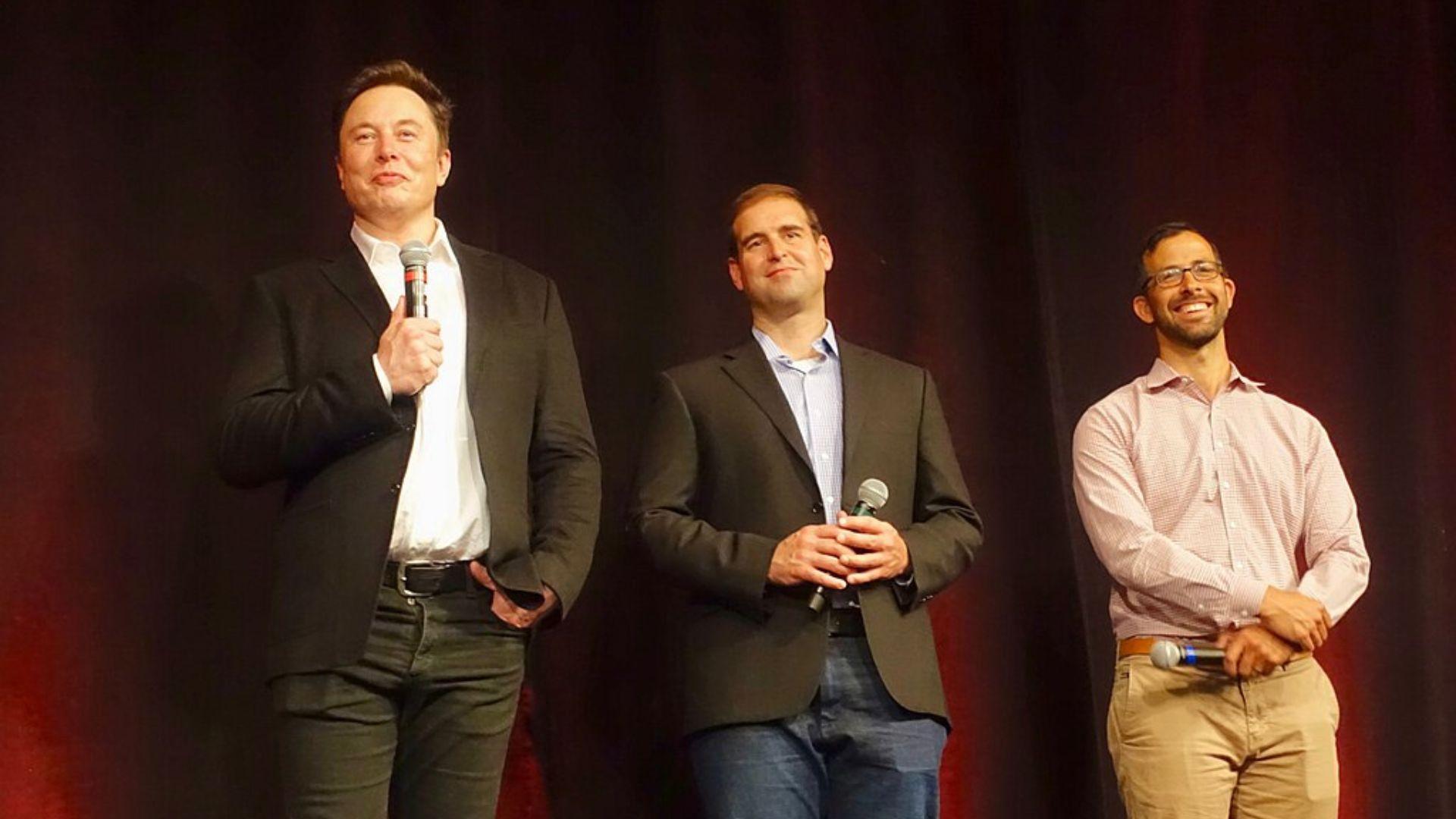
As Musk has commonly shared his concerns about the low birth rate in America and other developed nations, he added his opinions about high rates of immigration.
He cited in a post on X that even though the population remains constant, the birth rates are increasingly going down. His concerns raise important issues about the way that a nation can continue economic growth through replacing its workforce with new life.
Musk Wants One Billion Americans
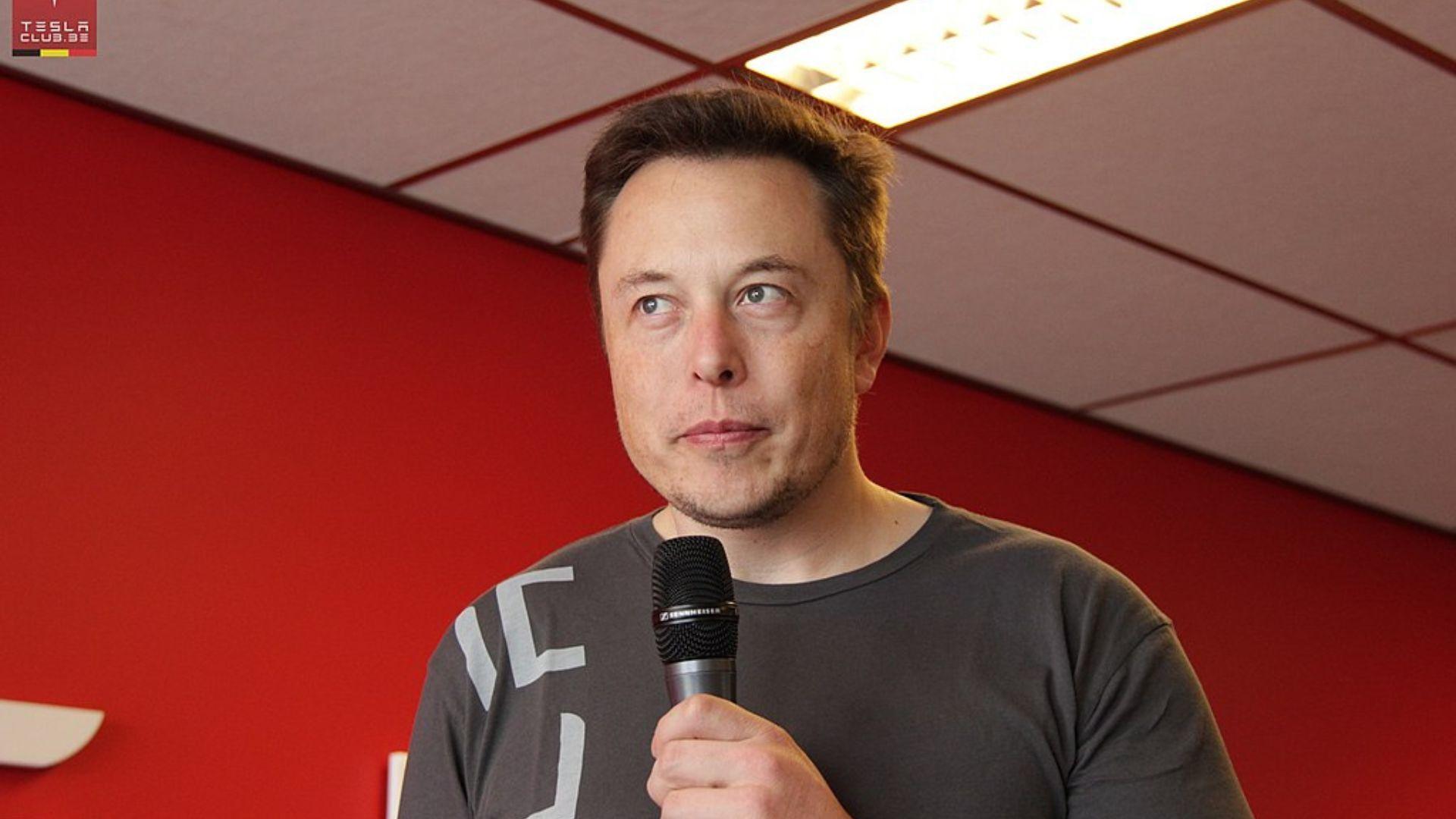
As reported by Bazinga, Musk agreed with a machine learning scientist at Nvidia Corp when he stated that “there should be one billion Americans”.
In the past, the Tesla owner has expressed concerns of a world without enough people to keep the economy progressing. However, the global population has reached an unprecedented 8.1 billion and continues to grow as of 2024.
Concerns of a Population Crash Before Global Warming
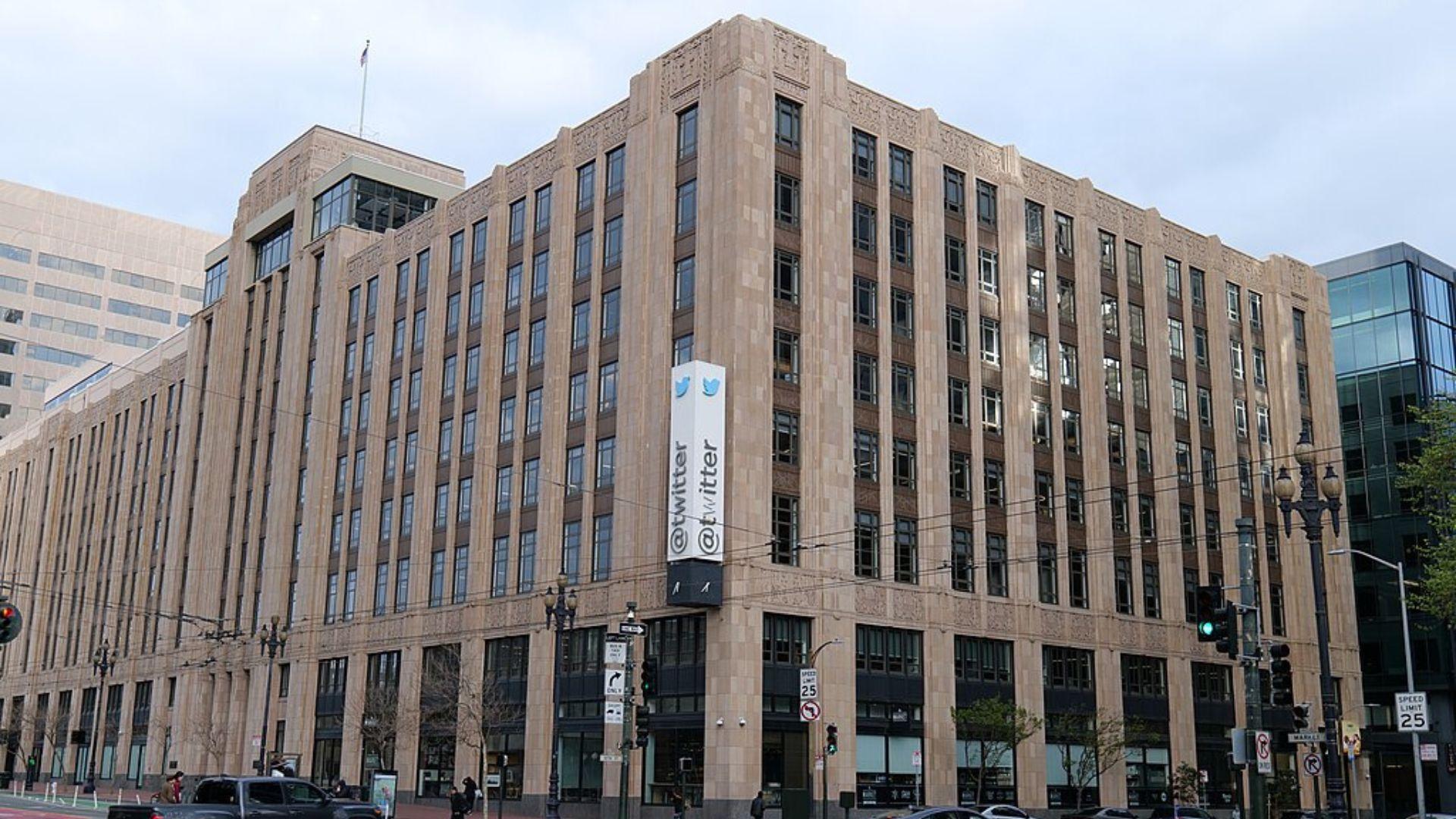
In a follow up post on social media app X, the Tech CEO shared that he has more concerns over a population collapse than global warming.
Although he admits that global warming is a pressing issue, more people generally translates to more energy and resources being used, which directly affects climate change.
Big Donation to the University of Texas at Austin
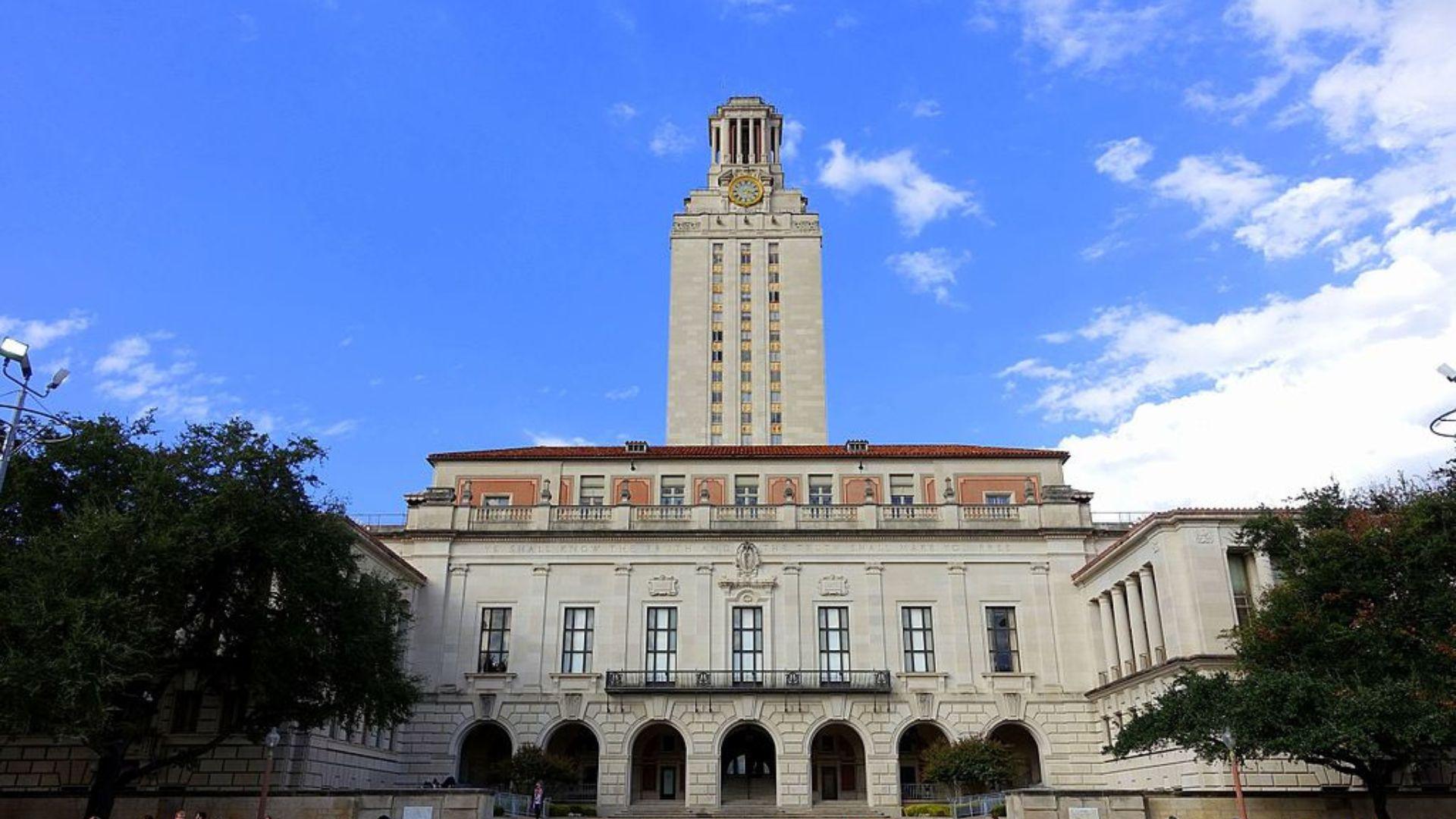
With a huge $10 million donation to UT Austin, Musk pledged his support to new research around the arena of fertility studies.
The donation went towards the Population Wellbeing Initiative, which studies the impact of fertility and climate change in the U.S.
The Population Wellbeing Initiative (PWI) Studies Real Factors Affecting Birth Rates

In their research at UT Austin, the scientists involved in the PWI study the direct correlation that the economy has on birth rates and vice versa.
Information available on their website states that many women desire to have two or more children, but blame an economic inability to provide adequate care as a reason for having less than two or no children.
Many People Feel Trapped in Bad Economic Cycles

Even though the U.S. is one of the wealthiest nations in the world, many people choose to forgo having children due to poor economic circumstances or overly expensive child care even when they are in good economic standings.
However, the cycle seems to be caught within itself. Generally, an economy cannot grow without an adequate number of people replacing the current workforce, but the workforce can’t seem to have children due to the current economic circumstances.
Global Birth Rate Is Declining

Although the global population has hit new heights, the reason is generally caused by people living much longer than previously anticipated.
Around the world, birth rates have been declining on an average of 4.3%. Advanced countries like South Korea have some of the lowest birth rates on record at a staggering 6.5%.
How Birth Rates Affect Future Economies

Although it might seem like good news that less people are going to be on Earth to use less resources, the low birth rate will eventually begin to affect the economy.
Since people are living much longer than usual, younger generations will need to create more cash to support the aging population. Costs for the elderly include things like increased use of healthcare, social programs, and pensions.
Shrinking Birth Rates Mean a Shrinking Economy

The birth rate is so low in certain countries that the number of elderly will soon outnumber the amount of people in the workforce.
However, since the U.S economy is still gaining in population, it’s unclear how a reduction in white Americans will affect the economy in the future as long as the adequate amount of workers remain constant or growing.
